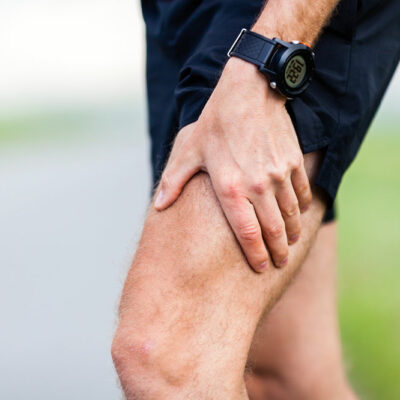
5 tips for maintaining a healthy sleep cycle
Today, achieving truly restful sleep can call for making considerable changes to the fast-paced, task-heavy daily routine to help one relax at bedtime. A healthy sleep cycle can offer a host of health benefits, helping the body recover and regain lost energy. So, following a strict schedule and focusing on improving the quality of sleep is important here. To help one get started, here are a few practical tips to consider: Follow a consistent sleep schedule One of the cornerstone habits for a healthy sleep cycle is maintaining a regular schedule. This involves going to bed and waking up at the same time each day, even on weekends. Consistency reinforces the body’s natural sleep-wake cycle, making it easier to fall asleep and wake up feeling refreshed. Here, it is also important to be realistic, so one should choose a bedtime that allows for at least 7 to 9 hours of sleep. Create a tranquil sleep environment The ambiance of the bedroom plays a significant role in promoting healthy sleep. So, one should ensure the room is cool, quiet, and dark to facilitate relaxation. Investing in comfortable bedding and a supportive mattress can also make a difference. Additionally, one should consider minimizing sources of disturbance, such as electronic devices and excessive light, to be able to relax.
Read Article 









